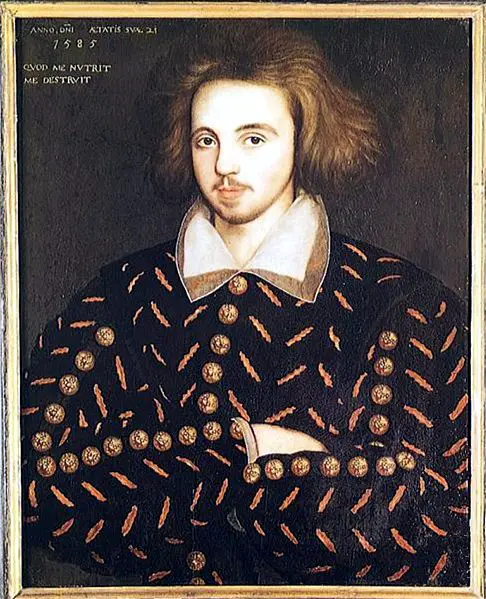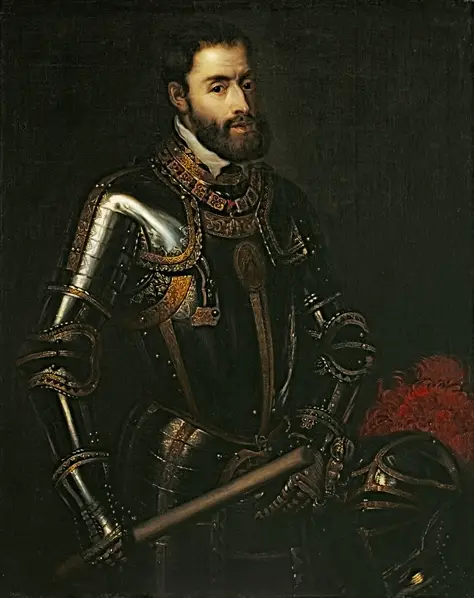On 25th February 1601, Elizabeth I's former favourite, Robert Devereux, Earl of Essex, was executed by beheading.
In today's video, I share an excerpt from her book "On This Day in Tudor History" about Essex's execution, which includes his scaffold speech, before explaining how this man went from being royal favourite to traitor. Pride really did come before a fall in the case of Robert Devereux, Earl of Essex.
Further reading on Essex:
Also on this day in history:
- 1567 (24th or 25th) – Burial of Sir Thomas White, founder of St John's College, Oxford, in St John's College Chapel. The famous Roman Catholic martyr and Jesuit priest, Edmund Campion, gave his Latin funeral oration.
- 1570 – Excommunication of Queen Elizabeth I by Pope Pius V.
- 1618 (24th or 25th) – Death of Elizabeth Carey (née Spencer, other married name Eure), Lady Hunsdon, literary patron and wife of Sir George Carey, 2nd Baron Hunsdon, from “a palsie”. She was buried at Westminster, in the Hunsdon family vault. Hunsdon died in 1603, and Elizabeth married Ralph Eure, 3rd Baron Eure, in late 1612 or early 1613. She is known for being a literary patron and had works by Edmund Spenser, Thomas Nashe, Thomas Churchyard, Thomas Playfere and Henry Lok dedicated to her.



Personally I think Essex was a pompous twit and was as you say reckless. Elizabeth really did have to do something with him in the end, because he was a dangerous loose canon.
His rebellion was a dangerous damp squib because there was little support, but these men were armed and fire was drawn. She had no choice but to execute him, he threatened her and that made him too hot to handle.